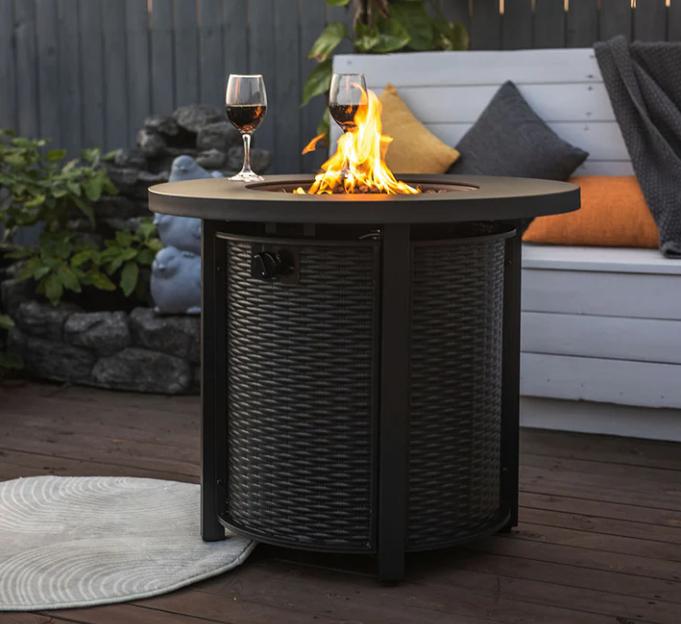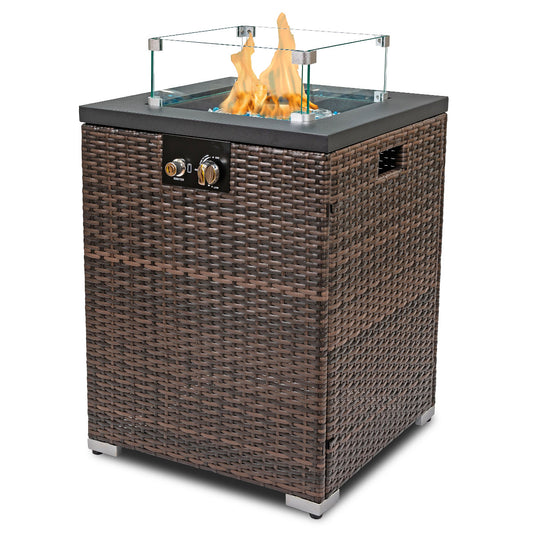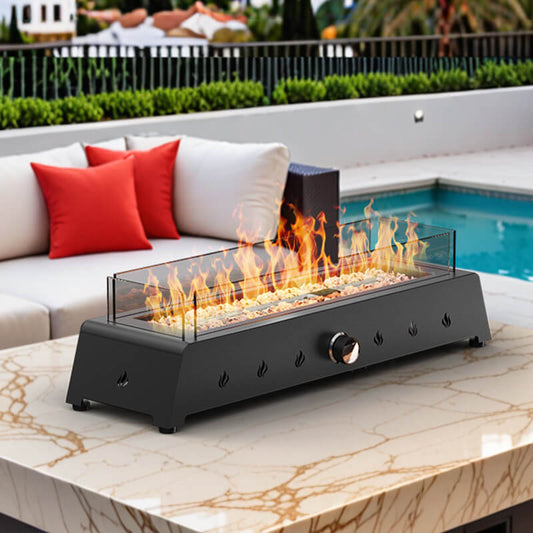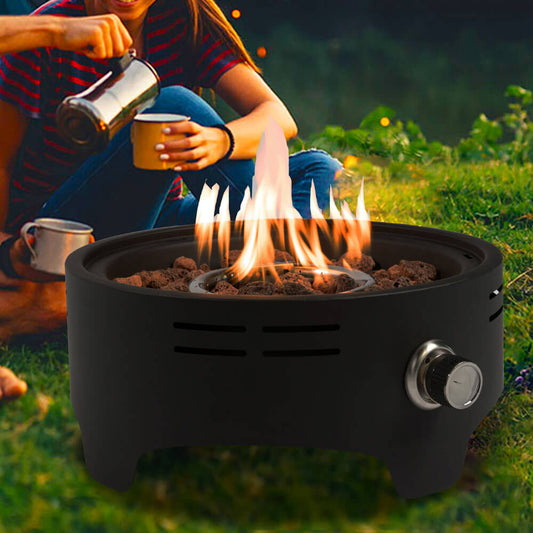Understanding CSA Certification: Is It Necessary for Your Fire Pit?
When installing a fire pit, one critical consideration is whether it requires CSA (Canadian Standards Association) certification. If your fire pit is intended for a commercial setting or a publicly accessible area, CSA certification is mandatory. However, for personal use in a private backyard, certification may not be legally required, though it is highly recommended.
What is CSA Certification?
The CSA certification mark signifies that a product has been rigorously tested and meets specific safety and performance standards established by the Canadian Standards Association. This seal is commonly found on gas fire pit components and other fuel-powered appliances. While not always legally required, opting for a CSA-certified fire pit is a prudent choice for ensuring safety and reliability.
The Role of the CSA Group
The CSA Group is a globally recognized testing and certification organization specializing in fuel-powered appliances. Its certification is widely regarded as a benchmark for safety and quality, not only in Canada but also internationally. As outdoor fireplaces and fire pits gained popularity, the CSA Group developed standards to ensure these products are safe for consumer use.
The CSA Seal and Its Significance
The CSA certification process is overseen by the American National Standards Institute (ANSI) and adheres to a harmonized standard known as "The Standard for Outdoor Decorative Fireplaces." Products bearing the CSA seal have undergone extensive testing and met all criteria outlined in this standard.
It’s important to distinguish between "CSA-certified" and "CSA-approved" products. A "CSA-approved" label indicates that the product was once certified but may no longer meet current standards due to changes in materials, components, or manufacturing processes. Ongoing certification ensures that the product continues to comply with safety standards.
CSA vs. UL vs. ETL: Understanding the Differences
CSA certification is comparable to the UL (Underwriter’s Laboratory) mark in the United States, which also signifies compliance with safety standards. While most CSA-certified products are accepted in the U.S., not all UL-certified products meet Canadian standards. Another common certification mark is the ETL (Electrical Testing Lab) by Intertek, which tests products against established standards but does not set the standards itself. All three marks are recognized by regulatory agencies, but CSA is particularly authoritative in Canada.
When Can You Skip CSA Certification?
For personal, non-commercial use in areas without local regulatory requirements, you may consider purchasing a fire pit without CSA certification. However, doing so carries inherent risks. In the event of an accident—such as a fire or injury—insurance companies may deny claims if the equipment lacks proper certification. Therefore, even for personal use, opting for a CSA-certified product is a wise decision to mitigate potential liabilities.
When is CSA Certification Mandatory?
CSA certification is essential for fire pits installed in commercial spaces, rental properties (including Airbnb), or any publicly accessible area. Additionally, if your project requires a building permit, local authorities may mandate CSA certification. Inspectors will not approve installations that fail to meet specific certification requirements. Local governments, insurance providers, and homeowner associations may also have their own stipulations regarding certification.
Why Are CSA-Certified Products More Expensive?
The CSA Group operates as a not-for-profit organization, but the certification process is costly. It involves rigorous laboratory testing, factory inspections, and ongoing retail surveillance to ensure continued compliance. Manufacturers bear these costs, which are reflected in the retail price of certified products. While CSA-certified fire pits may come at a premium, the added expense ensures safety, reliability, and compliance with industry standards.
Safety and Convenience Benefits of CSA Certification
Beyond compliance, CSA-certified fire pits often incorporate features that enhance both safety and convenience. For example, thermocouples automatically shut off the gas supply if the flame extinguishes, preventing gas leaks and conserving fuel. Push-button igniters eliminate the need for manual lighting, reducing the risk of accidents. These features not only improve safety but also enhance the user experience.
Conclusion
While CSA certification may not be legally required for every fire pit installation, it is a valuable investment in safety and peace of mind. Certified products undergo rigorous testing and adhere to the highest industry standards, ensuring reliable performance and reducing the risk of accidents. Whether for personal or commercial use, choosing a CSA-certified fire pit is a decision that prioritizes safety, quality, and long-term satisfaction.

















